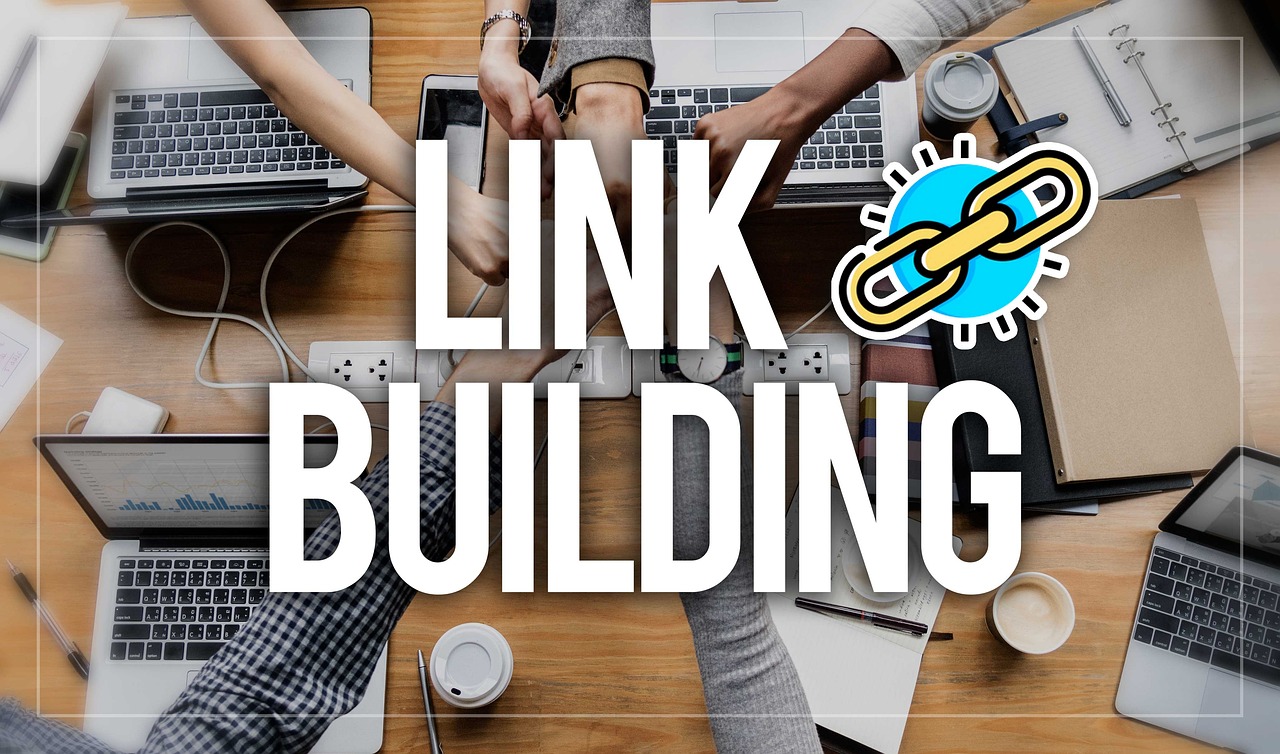
On-Page seo Meaning
On-Page seo, a.k.a. On-Site seo, refers to the optimization of individual web pages with the purpose of ranking higher in search engine result pages (SERPs) and improving website traffic and visibility. It involves optimizing various aspects of a webpage to ensure it is more favorable to search engines, thus increasing its chances of being indexed and ranked higher.
Importance of On-Page seo
In the highly competitive digital landscape, on-page seo plays a crucial role in determining a website’s visibility and attracting organic traffic. Implementing proper on-page seo techniques ensures search engines can understand and rank your website appropriately, leading to better visibility, higher search engine rankings, and increased organic traffic.
Key Elements of On-Page seo
Several key elements contribute to the effectiveness of on-page seo. These include:
1. Title Tags
Title tags are HTML elements that define the title of a webpage. They play a vital role in on-page optimization as search engines consider them when indexing and displaying web pages in search results.
2. Meta Descriptions
Meta descriptions provide concise summaries of webpage content, typically displayed below the title tag in search results. Compelling and informative meta descriptions can help attract potential visitors to click through to your website.
3. Headings and Subheadings
Using proper heading tags such as H1, H2, H3, etc., helps search engines understand the structure and hierarchy of your webpage content. Headings also enhance user experience by making the content more scannable and readable.
4. URL Structure
A well-structured URL is not only user-friendly but also helps search engines comprehend the content of a webpage. Including relevant keywords in your URLs can positively impact your on-page seo efforts.
5. Keyword Optimization
Strategically placing relevant keywords throughout your webpage is crucial for on-page optimization. However, it is essential to avoid keyword stuffing, as search engines penalize such practices. Utilize keywords naturally and where they make sense within the content.
6. Quality and Relevant Content
High-quality, informative, and relevant content is paramount for on-page seo. It should address users’ search intent and provide value, thereby increasing the likelihood of engagement and conversions. Content should be well-structured, easy to read, and optimized with appropriate keywords.
7. Internal Linking
Internal linking involves linking relevant pages or content within your website. This practice helps search engines discover and navigate your site better, while also distributing link authority throughout your web pages. Internal linking can improve user experience and increase the time visitors spend on your website.
8. Image Optimization
Optimizing images on your webpage is essential for on-page seo. Properly naming image files, using descriptive alt tags, and compressing images for faster loading speed can enhance user experience and boost your website’s visibility in image search results.
9. Mobile Optimization
In today’s mobile-centric world, ensuring your webpage is mobile-friendly is crucial. Search engines prioritize mobile-optimized sites, and responsive design plays a significant role in maximizing on-page seo efforts.
10. Page Load Speed
Page load speed directly impacts user experience and search engine rankings. Optimizing website performance by minimizing file size, leveraging caching techniques, and choosing a reliable hosting provider can significantly improve your on-page seo.
Conclusion
On-Page seo is a fundamental aspect of any successful digital marketing strategy. By implementing the key elements mentioned above and aligning your website’s content with users’ search intent, you can significantly enhance your website’s visibility, increase organic traffic, and improve search engine rankings. In the ever-evolving digital landscape, ensuring your on-page seo remains up-to-date and aligned with the latest industry practices is crucial for sustained success.
FAQs
Q: What is the difference between on-page seo and off-page seo?
A: While on-page seo refers to optimizing individual web pages to improve search engine rankings, off-page seo involves activities performed outside your website to boost its visibility and credibility, such as link building, social media marketing, and online reputation management.
Q: How long does it take to see the results of on-page seo?
A: The time it takes to see the impact of on-page seo efforts can vary depending on various factors, such as website authority, competition level, and the quality and consistency of optimization practices. Generally, it may take several weeks to a few months to see significant improvements in search engine rankings and organic traffic.
Q: Can I solely rely on on-page seo for better search engine rankings?
A: While on-page seo is crucial, it is essential to complement it with off-page seo and other digital marketing strategies for optimal results. A comprehensive approach that combines various techniques will have a more significant impact on your search engine rankings and overall online visibility.
Q: How often should I update my on-page seo?
A: It’s recommended to regularly review and update your on-page seo practices to stay in line with current search engine algorithms and user expectations. Industry trends and user search behavior can change over time, so keeping your on-page seo up-to-date is essential for maintaining and improving search engine rankings.





